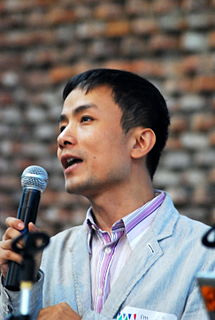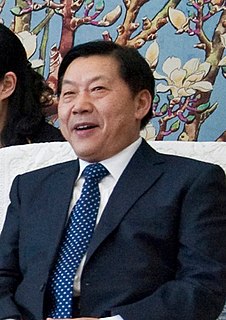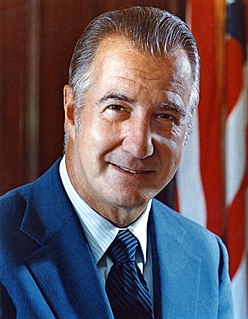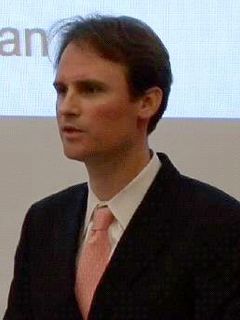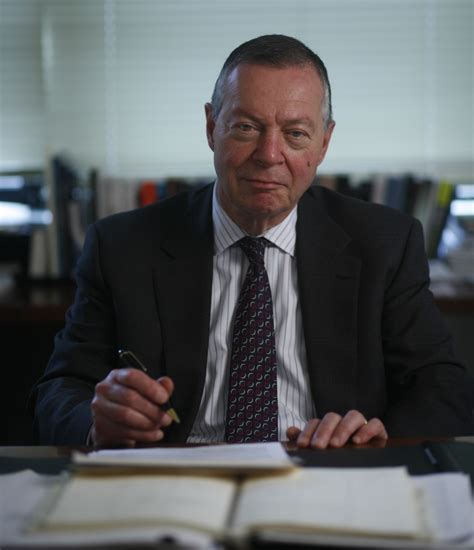A Quote by Steve Forbes
There's no human censorship at kiosks.
Quote Topics
Related Quotes
Self-censorship happens not only in China, or Iran or ex-Soviet places. It can happen anywhere. If an artist penetrates a certain taboo or a certain power through their work, he or she will face this problem. I'm always saying that commercial censorship is our foremost censorship globally today. Why do we still pretend we are free?
I am not asking for government censorship or any other kind of censorship. I am asking whether a kind of censorship already exists when the news that forty million Americans receive each night is determined by a handful of men responsible only to their corporate employers and filtered through a handful of commentators who admit to their own set of biases.




